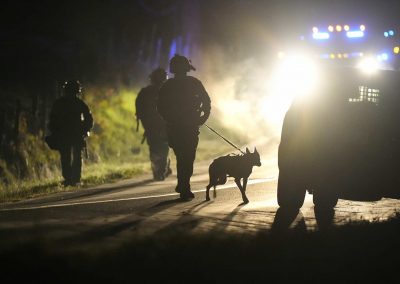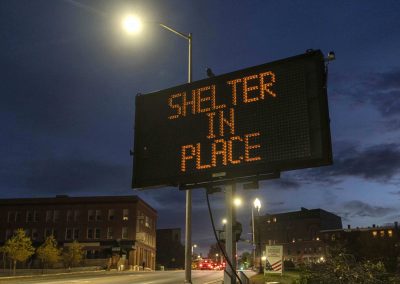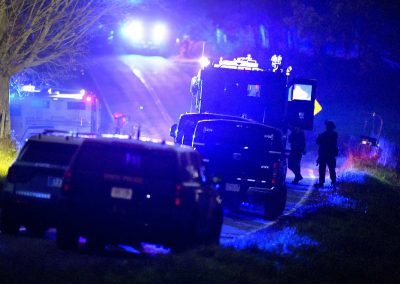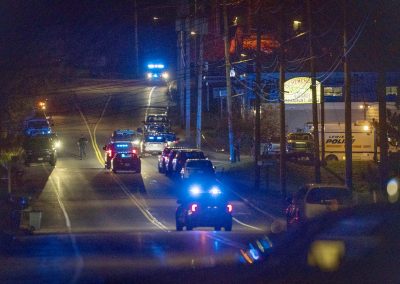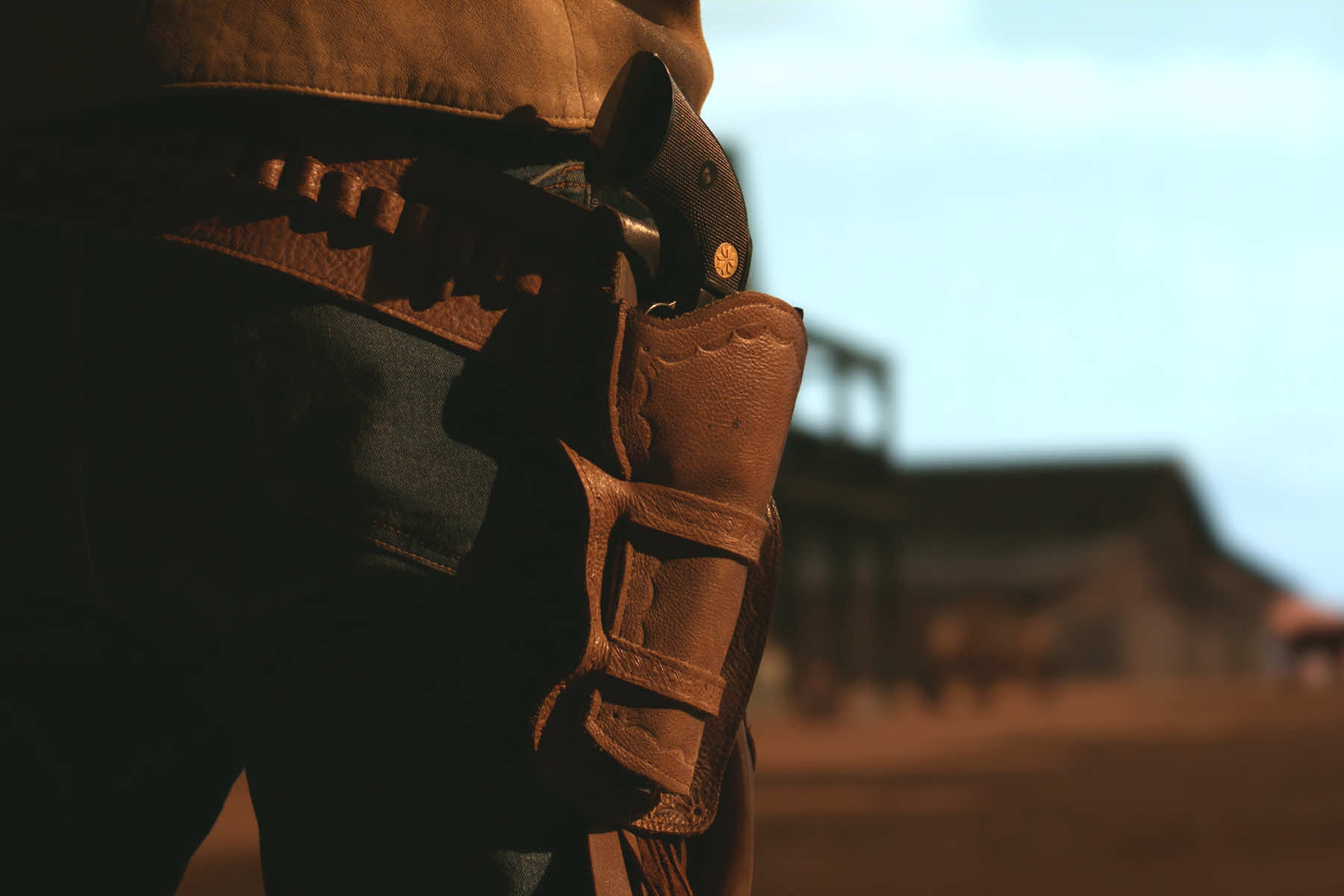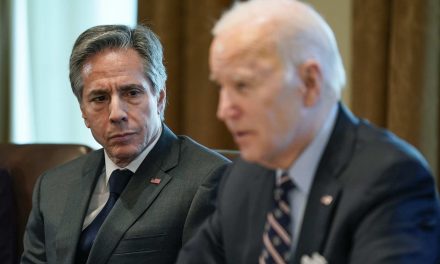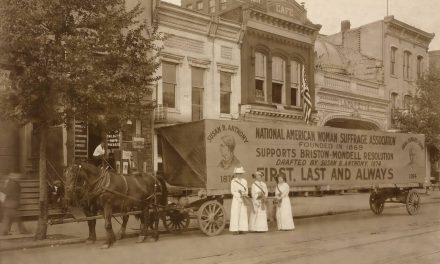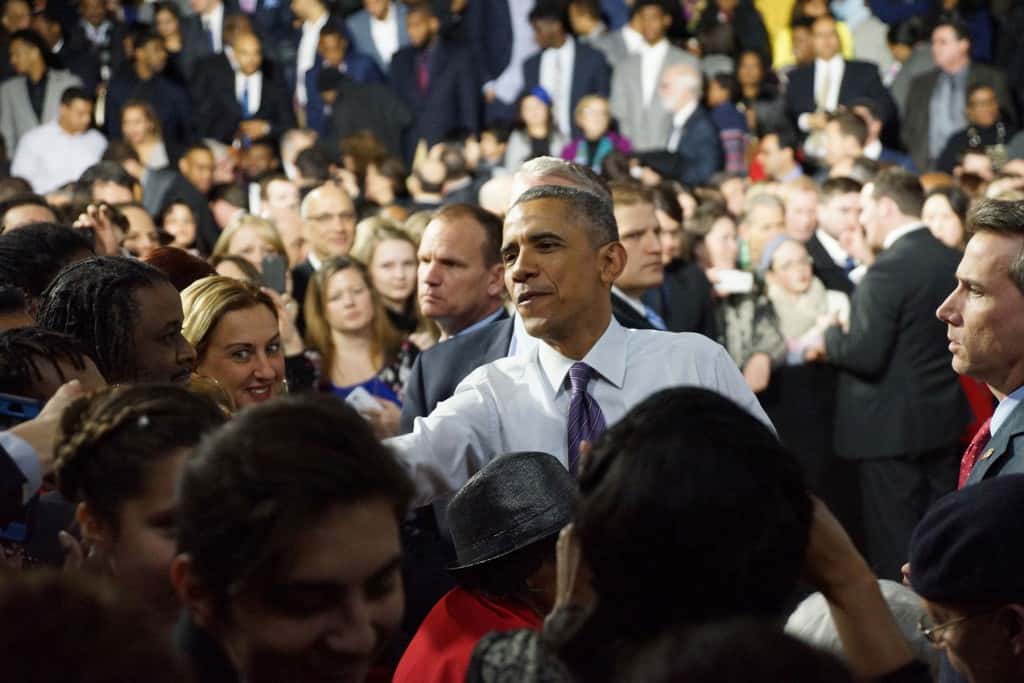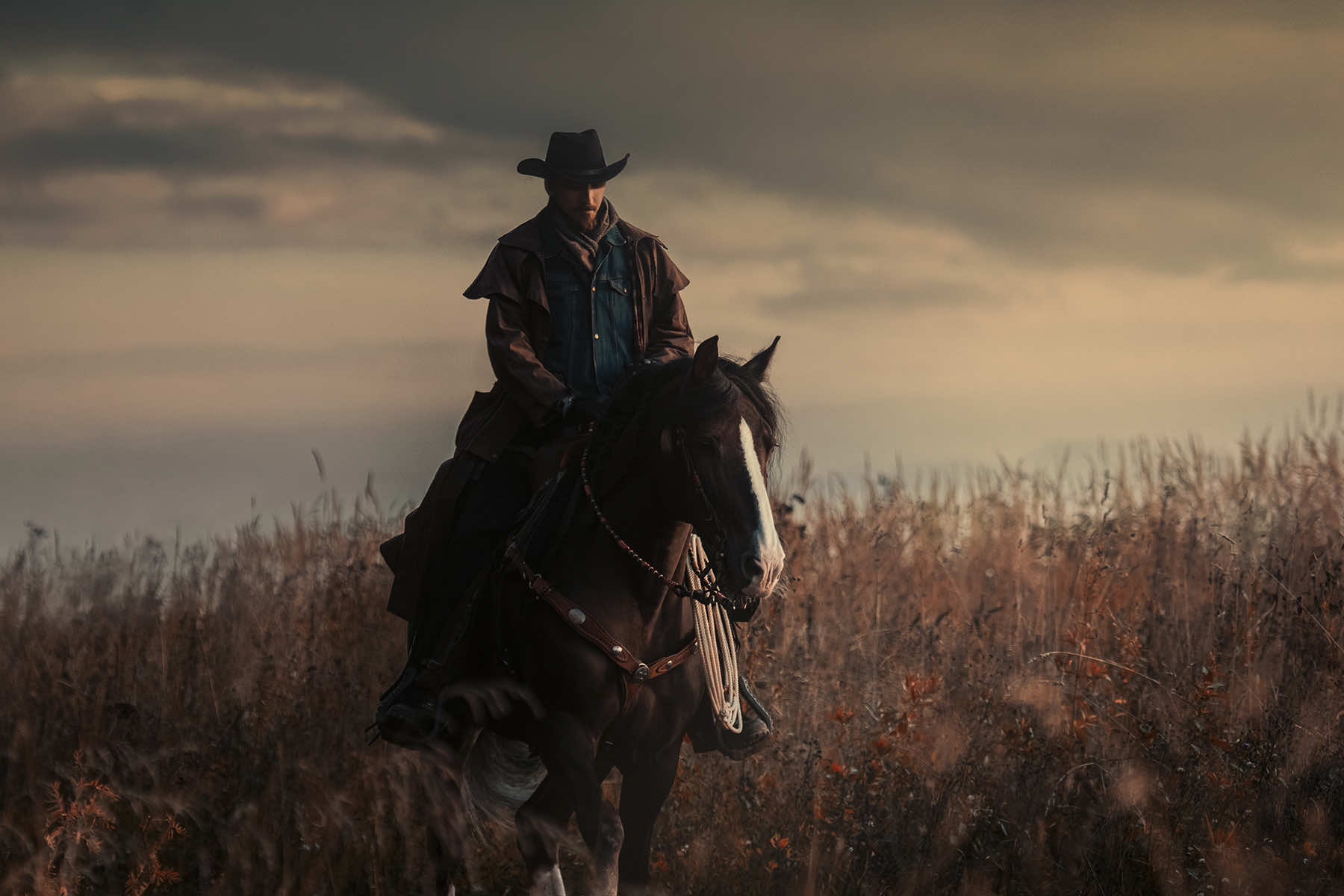
Data from the Commerce Department showed that the U.S. economy grew at an astonishing rate of 4.9% in the third quarter. We also learned that in Lewiston, Maine, a single shooter killed at least 18 people, more people than died by gun homicide in Maine in the whole of 2021, and injured at least 13 others. These two things are the results of two dramatically different worldviews.
President Joe Biden, Vice President Kamala Harris, Treasury Secretary Janet Yellen, and the administration’s other economic advisors have resurrected the idea that the government can promote economic growth by regulating businesses, protecting workers, and investing in ordinary Americans.
That theory reaches back to the liberal consensus of the years from 1933 to 1981, when members of both parties believed that the intricacies of the modern economy required the federal government to keep the playing field level so that a few people could not monopolize resources and power, cutting others out.
In those years, Americans used the government to regulate business, provide a basic social safety net, promote infrastructure, and protect civil rights. The system created what economists call the “great compression.” Wealth and income distribution became much more even, and economic inequality fell dramatically. The economy boomed.
The modern-day Republican Party grew out of a rejection of that idea. In the 1950s and 1960s, a faction insisted that such government action was a form of socialism that stopped the economy from responding efficiently to market forces. Individual entrepreneurs should invest their money without government interference, they argued, and their investments would dramatically expand the economy.
Putting money at the “supply side” rather than the “demand side” would allow everyone to prosper together, they promised: a rising tide would lift all boats. They vowed to cut taxes and regulations and to restore American individualism.
Those same people championed the image of the American cowboy as the symbol of the country: a man who wanted nothing from the government but to be left alone to work hard and prosper, and who protected himself and his family — if he had one — with a gun.
That image was always a myth, but it was an attractive one to white voters who had come to resent the government’s protection of civil rights, those voters who listened to politicians who assured them that the government’s actions were simply a way to direct tax dollars into the pockets of undeserving minorities.
The political image of cowboy individualism played into the hands of the National Rifle Association, which had organized in 1871 in New York in part to improve the marksmanship skills of American citizens who might be called on to fight in another war, and in part to promote in America the British sport of elite shooting, complete with quite hefty cash prizes in newly organized tournaments.
By 1920, rifle shooting was a popular American sport, and the NRA worked hard to keep it respectable. In the 1930s the NRA backed federal legislation to limit concealed weapons; prevent possession by criminals, the mentally ill, and children; require all dealers to be licensed, and require background checks before delivery. The NRA backed the 1934 National Firearms Act and parts of the 1968 Gun Control Act, designed to stop what seemed to be America’s hurtle toward violence in that turbulent decade.
But in the 1970s, a faction in the NRA forced the organization away from sports and toward opposing “gun control.” The NRA formed a political action committee (PAC) in 1975, and in 1980, for the first time, it endorsed a presidential candidate: Republican Ronald Reagan. When Reagan was elected, the NRA became a player in national politics and was awash in money from gun and ammunition manufacturers.
By 2000 the NRA was one of the three most powerful lobbies in Washington. In 2004 the federal assault weapons ban expired, and gun companies began to sell AR-15–style semiautomatic rifles. The AR stands for “ArmaLite Rifle,” which was the name of the military weapon on which the mass-market AR-15 is based.
Gun sales had been flat for years, but gun and ammunition sales took off during the administration of Democratic president Barack Obama as advocates told customers that he would confiscate their guns.
Firearms companies played on the politics of the era, advertising their products as tools for heroic figures taking on dangerous threats in society. The firearms industry estimates that about 20 million AR-15s have been sold in the U.S., and mass shootings took off as individual rights trumped the rights of the community.
The NRA spent more than $204 million on the 2008 election. In 2016, NRA spending surged to more than $419 million, with more than $30 million going to support Trump. Since 2020, lawsuits and a dramatic dropoff in funding have dramatically weakened the NRA, but the image of the gun-toting individualist has become so central to the Republican Party that congress members have taken to sending holiday cards showing their families brandishing assault rifles and to wearing AR-15 lapel pins on the floor of Congress.
But now, as the nation reels from another mass shooting, there is yet more proof that Republican economic individualism from which the gun obsession developed doesn’t work as well as the idea of using the government to support the American people. Growth under the Trump administration before the Covid-19 pandemic hit was 2.5%. Trump promised he would get it to 3%, which he claimed was an astonishing rate.
Despite the dire warnings that the economic policies of the Biden administration would cause a terrible recession, Biden and Harris rejected supply-side policies and stood firm on the traditional idea that trying to hold the economic playing field level and investing in workers and infrastructure would nurture the economy. The economy has responded exactly as they predicted, giving the U.S. strong growth for the past five quarters.
Manufacturing has taken off, and the rate of job growth is historic. At the same time, new bargaining power has helped workers make dramatic gains: the United Auto Workers union and Ford reached a tentative agreement on October 25 that includes a 25% wage increase over the next 4.5 years, along with cost-of-living adjustments that will bring the increases up to 33%. The union still has to ratify the agreement, but the UAW has called off the strike at Ford plants, suggesting it has faith the union will agree.
A worldview that requires the government to work for the people, rather than handing power to individuals to impose their will on the majority, supports the idea of gun safety laws. Such laws are very popular: in April 2023 a Fox News poll showed that at least 80% of Americans want criminal background checks on gun buyers, better enforcement of existing gun laws, a 21-year age requirement for gun purchases, and mental health checks on gun buyers. Seventy-seven percent wanted a 30-day waiting period to buy a gun; 61% wanted to ban assault rifles and semiautomatic weapons.
Those eager to dismantle the government have stood in the way of such measures, but the heartbreaking news out of Maine has changed at least one lawmaker’s stand. Representative Jared Golden (D-ME), who represents Maine’s conservative second district, which includes Lewiston, apologized for his previous opposition to gun safety laws.
“The time has now come for me to take responsibility for this failure, which is why I now call on the United States Congress to ban assault rifles like the one used by this sick perpetrator of this mass killing,” Golden said. “To the families who lost loved ones and to those who have been harmed, I ask forgiveness and support as I seek to put an end to these terrible shootings.”
Maine governor Janet Mills has personal ties to Lewiston, where she worked, met her late husband, and sent their daughters to school. “Lewiston is a special place,” she wrote. “It is a closeknit community with a long history of hard work, of persistence, of faith, of opening its big heart to people everywhere.
“I love this place, just as I love our whole state with my entire heart. I am so deeply saddened. This city did not deserve this terrible assault on its citizens, on its peace of mind, on its sense of security. No city does. No state. No people.”
Robert F. Bukaty (AP), Steven Senne (AP), Alla V and Supamotionstock (via Shutterstock)
Letters from an Аmerican is a daily email newsletter written by Heather Cox Richardson, about the history behind today’s politics

